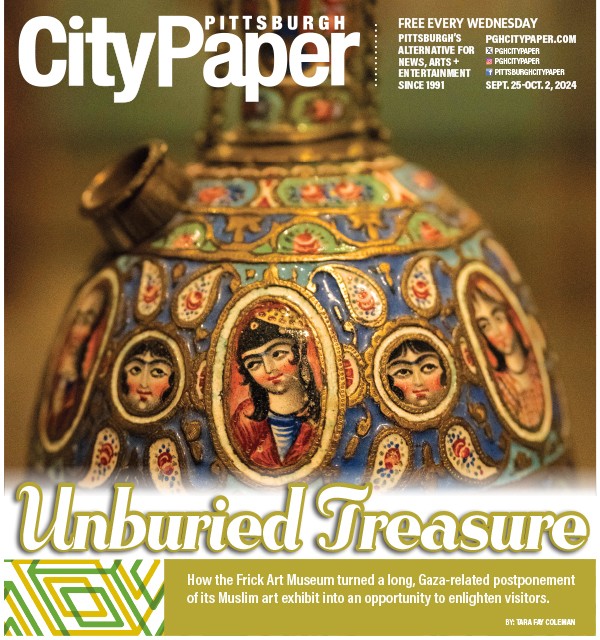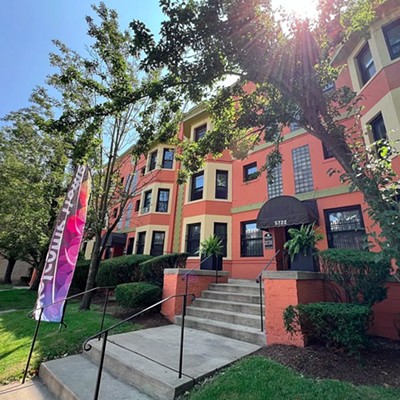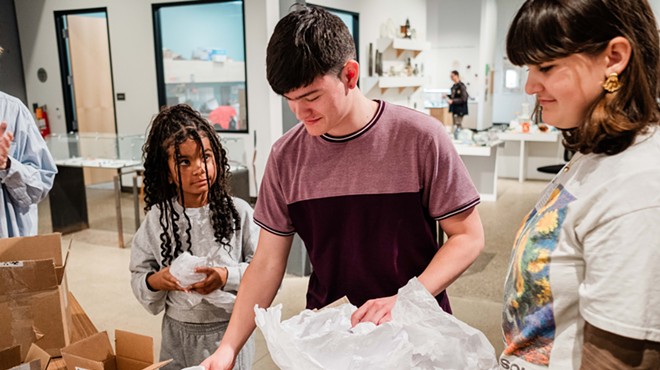It's difficult to deduce a purpose behind such an act, especially since no one ever caught the bombers. For a time, police were seeking two cars that had been near the building before the attack with California and Oregon license plates. Nothing came of those leads, though if you meet anyone from these states, it's best to be cautious.
The bomb itself, which consisted of several sticks of dynamite, went off at 9:41 p.m. on June 13, 1974. No one was killed, owing to the late hour and the fact that it was placed on the 29th floor. But police and firefighters searching for the bomb were trapped in an elevator by the blast; when they escaped, the Pittsburgh Press reported, "several fires [were] smoldering in armchairs." Damage was estimated at $1 million, and a Gulf spokesman lamented that "some beautiful, and I suspect irreplaceable, marble was destroyed."
The attack wasn't entirely surprising. Recent shareholders' meetings had gotten contentious, and newspaper accounts agreed: "Gulf has had one of the strictest security systems in the city." Indeed, those systems were stricter than some buildings practice today. "All visitors are screened and in many cases attache cases [are] inspected," one Post-Gazette account reported. "Visitors must be cleared for admittance by [telephone] with the Gulf employee a visitor wishes to see."
There was little question about who set the bomb: the Weather Underground, among the most notorious radical groups of the 1960s and '70s. As the Post-Gazette reported after the attack, "The Weather Underground group took no chances of losing credit for the blast. They called news media ... [to] give instructions for finding envelopes taped under the shelves of public pay phones." A few weeks before, the group had bombed the California attorney general's office.
The letters were eight-page missives that insisted, "We have attacked the Gulf Oil Corporation for their enormous crimes." The alleged crimes included: "Gulf finances the Portuguese colonial war against the people of Angola in Africa"; "Gulf steals bonanza profits from poor and working people in the US"; "Gulf exploits the people and resources of 70 countries in the world."
Why single out Angola? Some of the answer can be found in Paul Mellon: Portrait of an oil baron, a screed written by William Hoffman. I can't vouch for all of Hoffman's claims, but the book was written the same year the bomb went off, and echoes some of the criticisms leveled at the company.
Under the Portuguese, Hoffman writes, Angola leased out its own people to multinational corporations; the unemployed were conscripted to work for the private sector -- a practice that even some Portuguese officials called "worse than simple slavery." An insurrection had been ongoing throughout the 1960s, and the government put it down brutally. Hoffman cites dispatches noting "that in one month, May, 1961, more Africans were killed in Angola than had been murdered in the [South Africa] in the last hundred years."
But "Gulf has not once been heard to raise its voice against the policies of the Portuguese," Hoffman thundered. "It is estimated that in 1974 alone Gulf will pay more than $40 million in royalties to the Portuguese. To the Angolans, in whose ground the oil lies, will go nothing. ... Moral, economic and political censures have failed to get Gulf to alter its policies in Angola; [in fact] in 1974 the company announced that it was going to expand its operations."
Such exploitation has cost a lot more than beautiful, or even irreplaceable, marble, but the WU attack was rightly decried by almost everyone. Morality aside, the WU wasn't even effective. Five years before, the group had been linked to a local "jailbreak" protest at South Hills High School. Some two dozen women had shown up "to radicalize what they regarded as a typical working class school," the Post-Gazette reported. According to news accounts, "the women bared their breasts, shouted slogans and carried signs espousing the Viet Cong cause." Somehow, however, the war continued on regardless.
Similarly, bombing Gulf Oil didn't appear to make the company any more sympathetic to the group's message. It continued doing business in Angola until it was bought out by Chevron. And amazingly, the oil industry still isn't noted for its deep humanitarianism.










